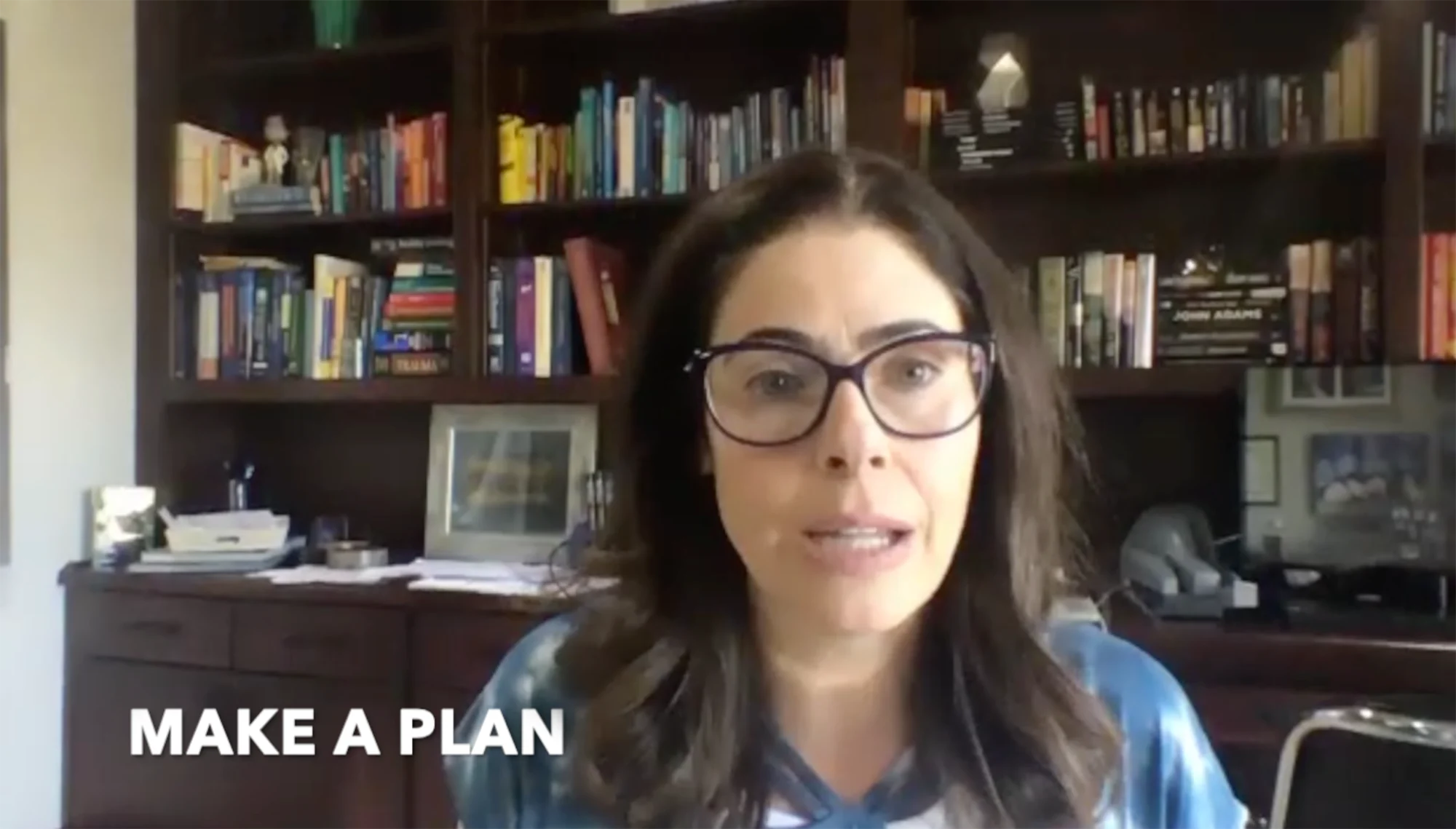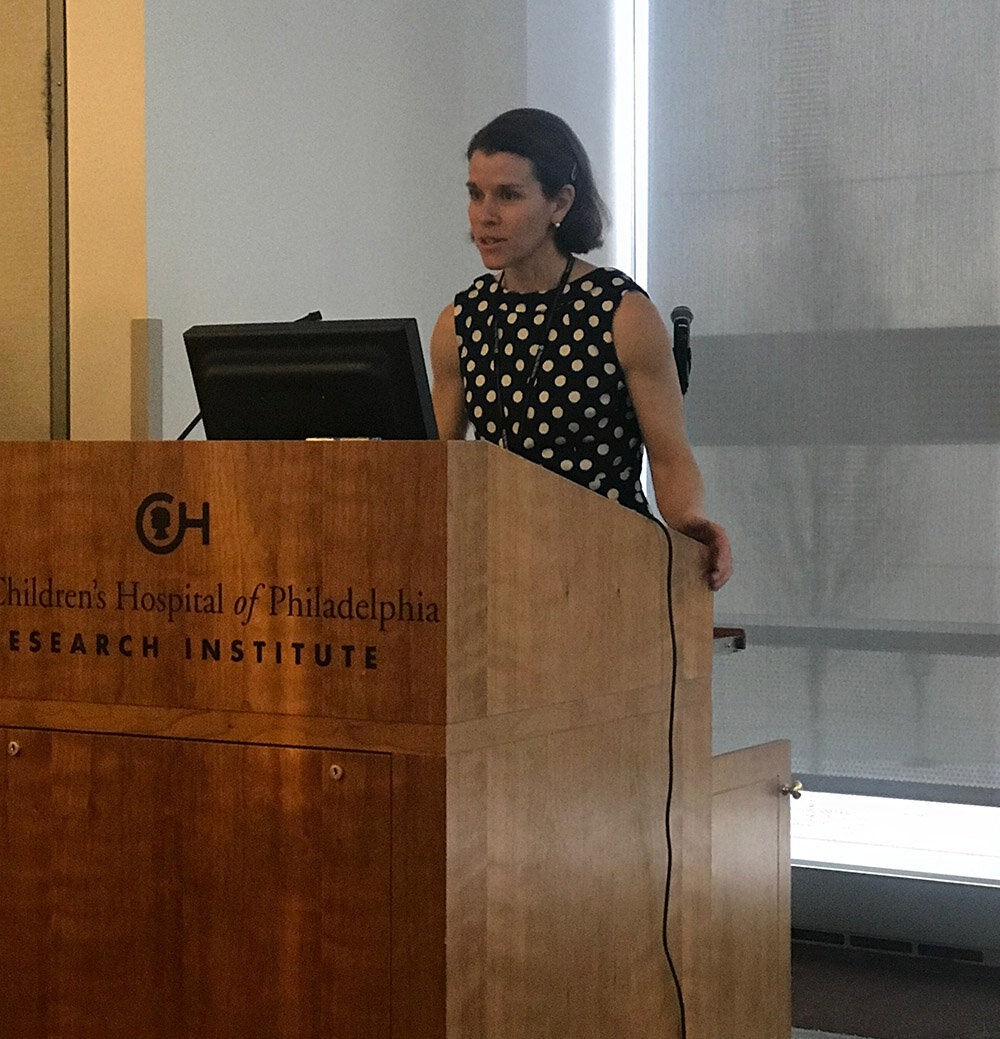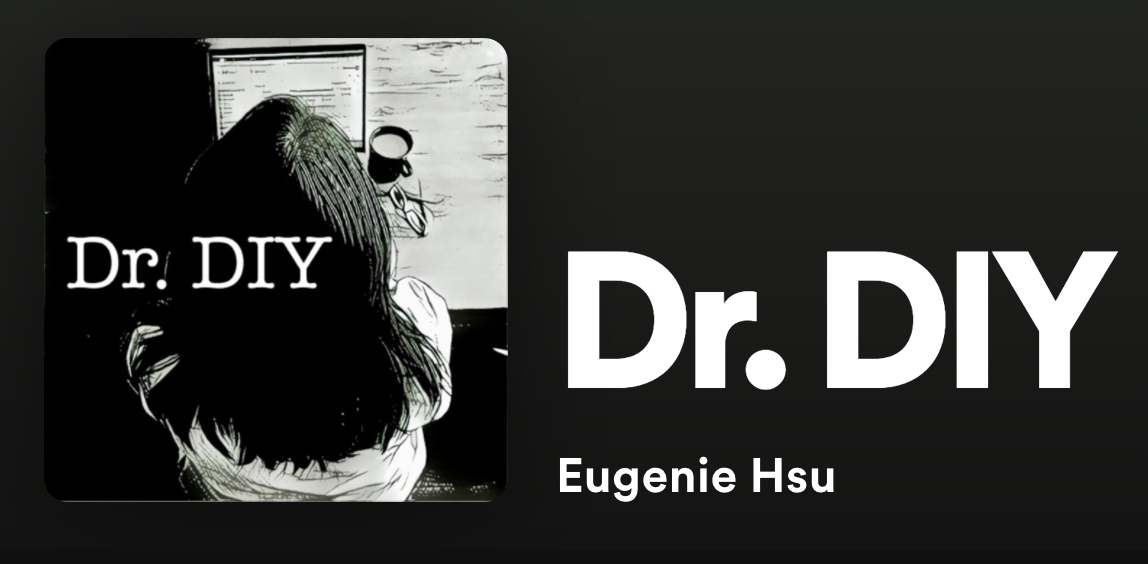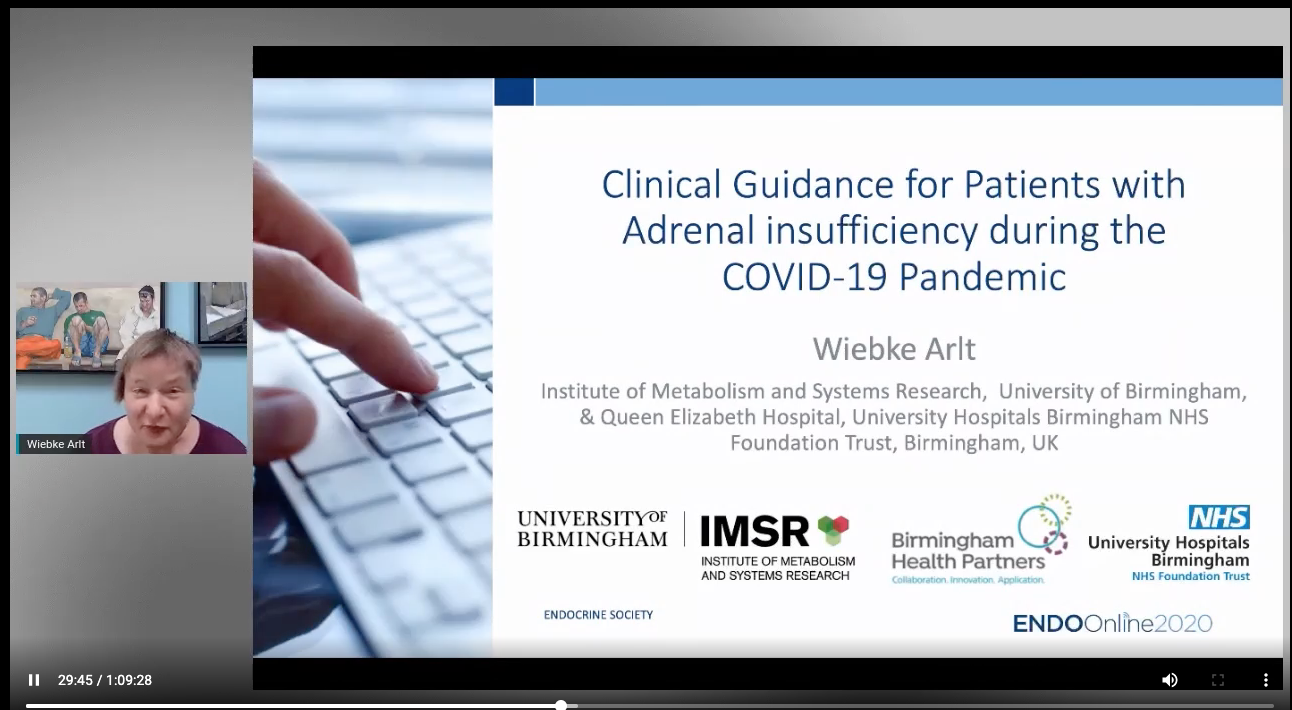
Managing the Holidays and Hypothalamic Obesity
It’s that time of year where food is plentiful for most of us. COVID-19 may change how we celebrate the holidays, and turning to food as comfort may even be more of an issue this year. For those with hypothalamic obesity (HO) or caregivers of survivors with this condition, this time of year can be the most challenging. Marci Serota, RDN, HO expert shares advice for dealing with the holiday food situations.

Pituitary Brain Tumor Virtual Conference A Success
Last weekend, the Raymond A. Wood Foundation (RAWF), a brain tumor patient advocacy nonprofit organization, hosted the Pituitary Brain Tumor Virtual Conference in partnership with the Children’s Hospital of Philadelphia (CHOP). The event brought in an audience of brain tumor survivors and caregivers from around the globe.

Experts Weigh In – Special Education, IEPs and the Virtual School Year
Virtual, hybrid, synchronous, asynchronous — there are a lot of terms floating around about how the school year is starting under the circumstances of the COVID-19 pandemic. Uncertainty looms large among students and parents as a whole, but for special education students with IEPs, there are many question marks as to how to navigate the upcoming school year to ensure that our children receive the appropriate education and services they need to be successful.

Registration is Open for Pituitary Brain Tumor Virtual Conference
Registration is now open for the Pituitary Brain Tumor (PBT) Virtual Family Conference hosted by Raymond A. Wood Foundation (RAWF) in partnership with the Children’s Hospital of Philadelphia’s (CHOP) Division of Endocrinology and Diabetes. Originally named the Pituitary Brain Tumor Day to be held this past May at CHOP, the event was postponed until November in light of COVID-19 and is now officially going virtual. The PBT Virtual Conference is slated for Saturday, November 14th and Sunday, November 15th via Zoom and includes keynotes, breakout sessions, roundtables and virtual family networking.

Medical Monday Editorial: Hoping Telehealth is Here to Stay
There are some visits that may involve testing or hands on that just can’t be done online, but it seems that when it is possible for more consultative visits, most doctors seem to like it as well because it gives them more time to focus on patients with less distractions.

Medical Monday: An Inspiring Story of Mom Advocacy
Today’s Medical Monday highlights a recent podcast produced by RAWF board member and mom-advocate Eugenie Hsu who interviews Maria Picone of TREND.

Compassion Fatigue and Caregiving – A Professional and Personal Perspective
Last week, we discussed the subject of compassion fatigue in the healthcare industry with Jessica Dale, a parent of a brain tumor survivor or “brain tumor mom” and expert on the subject.
This week, we discussed her personal experience as a parent of a child, that is now a young adult, survivor of a pediatric brain tumor. We asked for tips on how to avoid pitfalls that families of children and adolescents with special health care needs face.

Medical Monday: Understanding Compassion Fatigue
Have you run into a doctor that just seemed to not care? Maybe you felt rushed, received difficult news in a less than empathetic manner or felt like you just aren’t being heard. What you could be experiencing is healthcare compassion fatigue. It is a mental health situation that occurs in healthcare providers in clinical settings to caregivers of loved ones with chronic conditions or special needs. It is a subject worth exploring both in how to manage it in a caregiver role and how to handle a situation where a healthcare professional just seems to lack interest while we are desperate for solutions.

Zakky Receives Handheld Blood Analyzer
Zakariya “Zakky” Gheith was born in Feb. 2013 and is now 7 years old. When he was diagnosed with a benign brain tumor (optic pathway glioma) at 4 ½ months old, we didn’t think he would make it to a year old. God and the army of support that followed proved us wrong.

COVID-19 and Adrenal Insufficiency
In ENDOOnline 2020’s first session last Monday, Wiebke Arlt, MD, DSc, FRCP, FMedSci, of the University of Birmingham, updated conference attendees on steroid dosing for Adrenal Insufficient patients with COVID-19. The discussion was focused both on primary adrenal insufficiency (PAI) or Addison’s Disease and secondary adrenal insufficiency (SAI) which is typically caused by hypothalamic-pituitary disorders, the risks for patients and steroid treatment plan for patients diagnosed with COVID-19.
